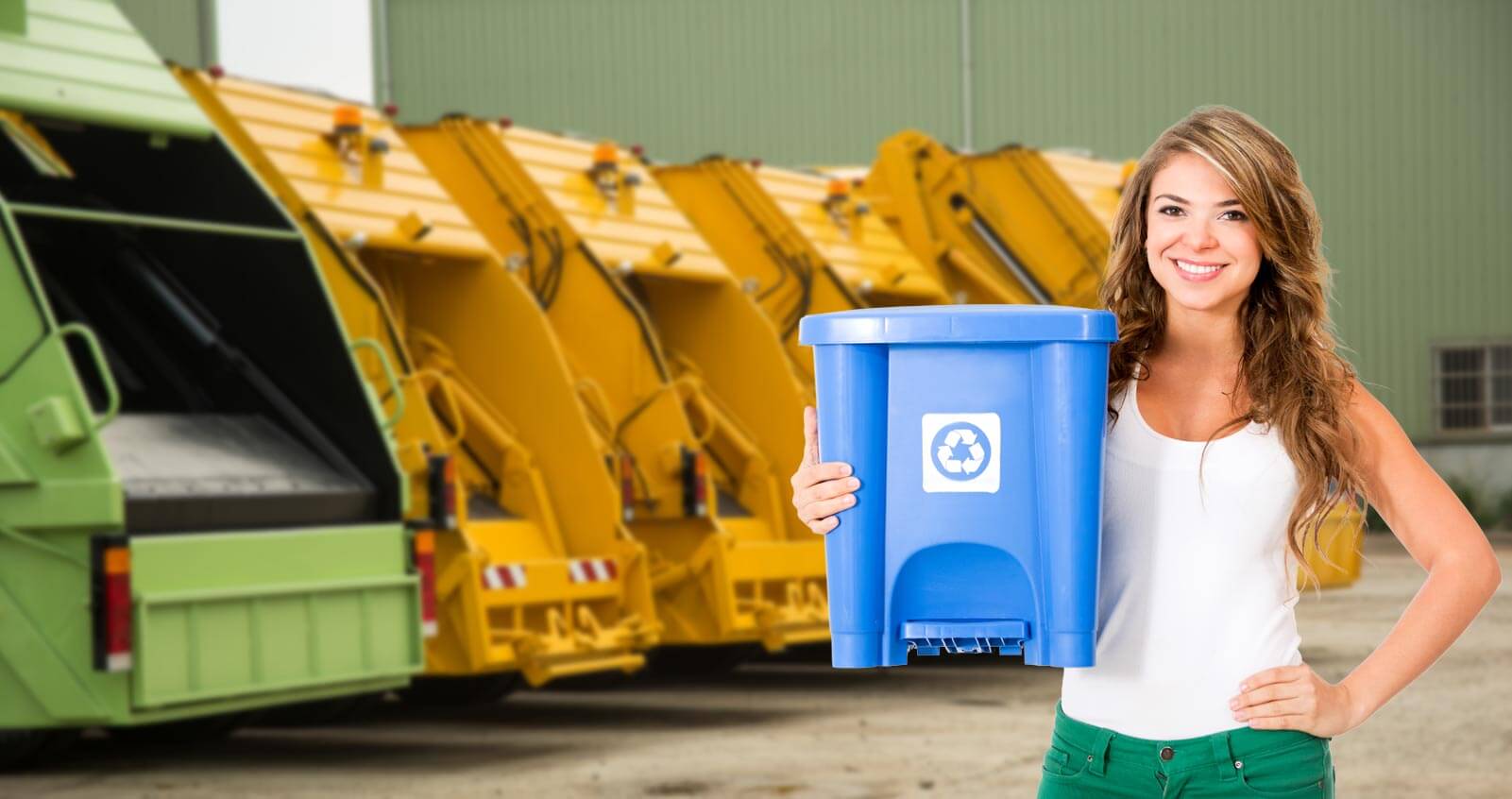Waste Minimization Strategies for Small Businesses
Posted on 12/12/2024
In today's rapidly evolving business landscape, small businesses face numerous challenges, one of which is managing waste efficiently. Waste minimization not only helps in reducing environmental impact but also brings significant cost savings and enhances a company's reputation. This article delves into various waste minimization strategies tailored specifically for small businesses, ensuring sustainable growth and eco-friendly practices.
Understanding Waste Minimization
Waste minimization refers to practices that reduce the amount of waste generated by a company. These strategies aim to prevent the creation of waste at the source, rather than managing waste after it has been created. Small businesses often overlook this crucial aspect, focusing mainly on revenue and growth. However, effective waste minimization can contribute to both.

The Benefits of Waste Minimization
For small businesses, the benefits of waste minimization extend beyond environmental conservation. Among the most notable advantages are:
Cost Savings: By reducing waste, businesses cut down on material and disposal costs. These savings can be reinvested into the business, fostering further growth.
Regulatory Compliance: Many countries have stringent waste management regulations. Adopting waste minimization practices ensures businesses stay compliant, avoiding potential fines and legal issues.
Enhanced Reputation: Consumers are increasingly concerned about environmental sustainability. Companies that prioritize waste minimization can enhance their reputation, attracting more eco-conscious customers.
Implementing Waste Minimization Strategies
Adopting an effective waste minimization strategy requires a holistic approach, involving every level of the business. Here are several key strategies small businesses can implement:
1. Conduct a Waste Audit
Before implementing any waste minimization strategy, it's crucial to understand the current state of waste generation within the business. Conducting a waste audit helps in identifying the types and quantities of waste produced. This data-driven approach allows businesses to target specific areas with the most significant waste production and develop tailored strategies to address them.
2. Source Reduction
The most effective way to minimize waste is to prevent it from being created in the first place. Source reduction involves altering the design, manufacture, purchase, or use of materials to reduce their amount or toxicity. For instance, businesses can:
- Opt for digital documentation instead of paper-based records.
- Purchase in bulk to reduce packaging waste.
- Choose suppliers that offer products in minimalistic packaging.
3. Reuse and Repurpose
Many items that are considered waste can be reused or repurposed. Encouraging a culture of reuse within the organization can significantly reduce waste. For example:
- Use reusable containers for storage and shipping.
- Repurpose old furniture or equipment instead of discarding them.
- Implement a reuse program for office supplies like paper clips, binders, and folders.
4. Recycling
Recycling is one of the most well-known waste minimization strategies. While it doesn't prevent waste from being created, it ensures waste materials are transformed into new products. Small businesses can:
- Set up recycling bins around the workplace for materials like paper, glass, and aluminum.
- Partner with local recycling firms to manage recyclable waste.
- Educate employees about the importance and methods of recycling.
5. Composting
Organic waste, such as food scraps and yard waste, can be composted. Composting breaks down organic material into nutrient-rich soil, which can be used for landscaping. Small businesses, especially those in the food service industry, can benefit significantly from composting by:
- Setting up a composting station within the premises.
- Partnering with local farms or community gardens to donate compost.
- Educating staff on what can and cannot be composted.
6. Lean Manufacturing
For small businesses in the manufacturing sector, lean manufacturing principles can be highly effective. Lean manufacturing focuses on minimizing waste without compromising productivity. Key principles include:
- Just-in-time production, which reduces overproduction.
- Efficient inventory management to avoid surplus stock.
- Regular maintenance of machinery to prevent defects and breakdowns.
Employee Engagement and Training
Employee involvement is crucial for the success of any waste minimization strategy. Businesses should:
- Provide regular training on waste minimization practices.
- Encourage employees to suggest ideas for reducing waste.
- Recognize and reward employees who contribute significantly to waste reduction.
Leveraging Technology
Technology can play a vital role in waste minimization. Here are a few technological solutions small businesses can adopt:
Inventory Management Systems: These systems help track inventory levels, reducing the risk of overstocking and subsequent waste.
Digital Communication Tools: Tools like emails, instant messaging, and cloud storage reduce the need for paper-based communication.
Energy-efficient Equipment: Investing in energy-efficient appliances and machinery can reduce waste and energy consumption.

Case Studies of Successful Waste Minimization
Case Study 1: A Small Bakery
A small bakery implemented a waste minimization strategy focused on source reduction and composting. They reduced packaging waste by encouraging customers to bring their own containers and set up a composting system for food scraps. These initiatives resulted in a 30% reduction in waste and significant cost savings.
Case Study 2: A Local Office
A local office conducted a waste audit and found that paper waste was their most significant issue. They switched to digital documentation and introduced a double-sided printing policy. Additionally, they set up recycling bins for paper and other materials. These efforts led to a 50% reduction in paper waste.
Conclusion
Waste minimization is not only environmentally responsible but also economically beneficial for small businesses. By implementing strategies such as conducting waste audits, source reduction, reusing and repurposing materials, recycling, composting, and leveraging technology, small businesses can achieve significant waste reduction. Employee engagement and continuous improvement are key to the success of these strategies. With a commitment to waste minimization, small businesses can enjoy cost savings, regulatory compliance, and an enhanced reputation, contributing to their overall growth and sustainability.




